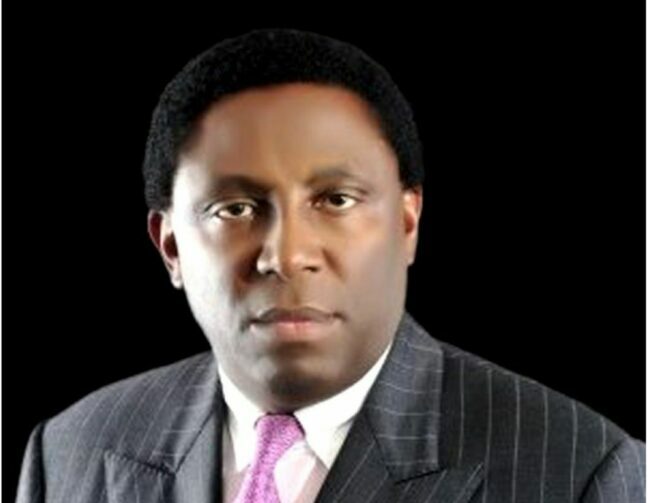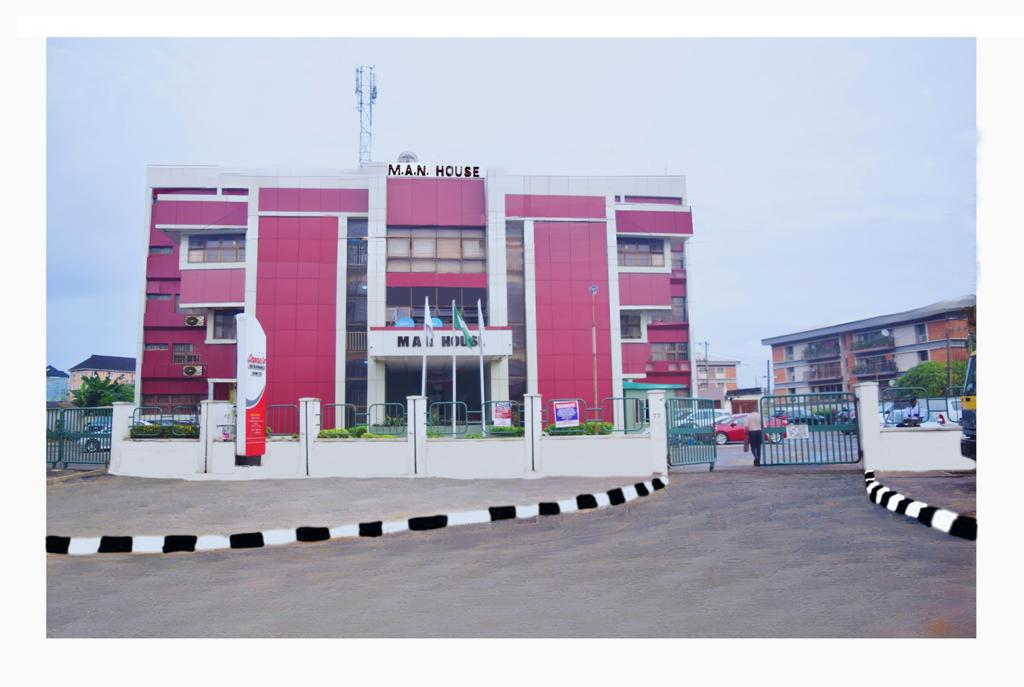A financial expert and Chief Executive of CFG Advisory, Mr. Tilewa Adebayo, has called for urgent remedial legislation and a comprehensive overhaul of Nigeria’s trade, industrialization, and investment policies.
He emphasized the necessity of eliminating wasteful subsidies to address the country’s mounting economic challenges.
This call to action follows Nigeria’s escalating domestic and external debt, which has surged to approximately N127.67 trillion.
The rising debt levels have coincided with a significant exodus of investors from the country, further exacerbating the economic situation.
Adebayo made these remarks during the Bi-monthly forum of the Finance Correspondents Association of Nigeria (FICAN) in Lagos.
He stressed the importance of prompt and decisive action to stabilize the economy and restore investor confidence.
Recent data from the Debt Management Office (DMO) indicates that as of March 31, 2024, Nigeria’s total debt—comprising both external and domestic obligations—has reached N121.67 trillion, up from N97.34 trillion at the end of the fourth quarter of 2023.
According to him, this figure encompasses the liabilities of the Federal Government, the 36 state governments, and the Federal Capital Territory (FCT).
Adebayo highlighted that although Nigeria has received favorable outlook ratings from credit rating agencies, Moody’s Investor Services still classifies the country within the Caa1 rating, indicating a status akin to junk bonds.
Adebayo pointed out that unchecked fiscal expenditure and unauthorized financing methods, now exceeding 30 times the limit at N30 trillion, present a significant risk to Nigeria’s economic recovery from stagflation towards sustained growth in 2024.
He also noted that the country’s debt servicing obligations are set to surpass revenue, underscoring the need for urgent legislative intervention.
Adebayo stated, “All financial circuit breakers have been breached, and there is a pressing need for remedial legislation. The Senate does not have the authority to securitize the Ways and Means; doing so is illegal.”
He further stressed the importance of negotiating with creditors to restructure and extend debt maturities, facilitating more manageable repayments and reduced interest rates.
Drawing comparisons, Adebayo mentioned that countries like Ghana, Zambia, and Ethiopia have defaulted on external debt obligations, suggesting that Nigeria should consider similar measures.
Commenting on the recent departure of companies from Nigeria, Adebayo called for a thorough review of the country’s trade policy.
He asserted that Nigeria’s investment policy requires significant reform, as investors are leaving in large numbers.
“For the economy to function effectively, trade, investment, and industrial policies must be prioritized by the government,” he stated.
Adebayo acknowledged the complexity and challenges of reviving Nigeria’s economy, currently characterized by low GDP growth, high debt levels, and fiscal deficits.
He proposed that Nigeria, like other countries facing similar issues, should adopt a combination of short-term and long-term strategies to achieve sustainable economic growth.
He recommended austerity measures such as implementing fiscal discipline by reducing non-essential government spending, eliminating wasteful subsidies, and enhancing the efficiency of public services.
Regarding taxation, Adebayo suggested that instead of raising taxes, the government should expand the tax base, improve tax collection, and introduce new revenue sources such as value-added tax (VAT) and property taxes.
Additionally, improving transparency and accountability in government spending is crucial to building public trust and attracting foreign investment.
By addressing these critical areas, Adebayo believes Nigeria can steer towards a path of economic stability and growth.





